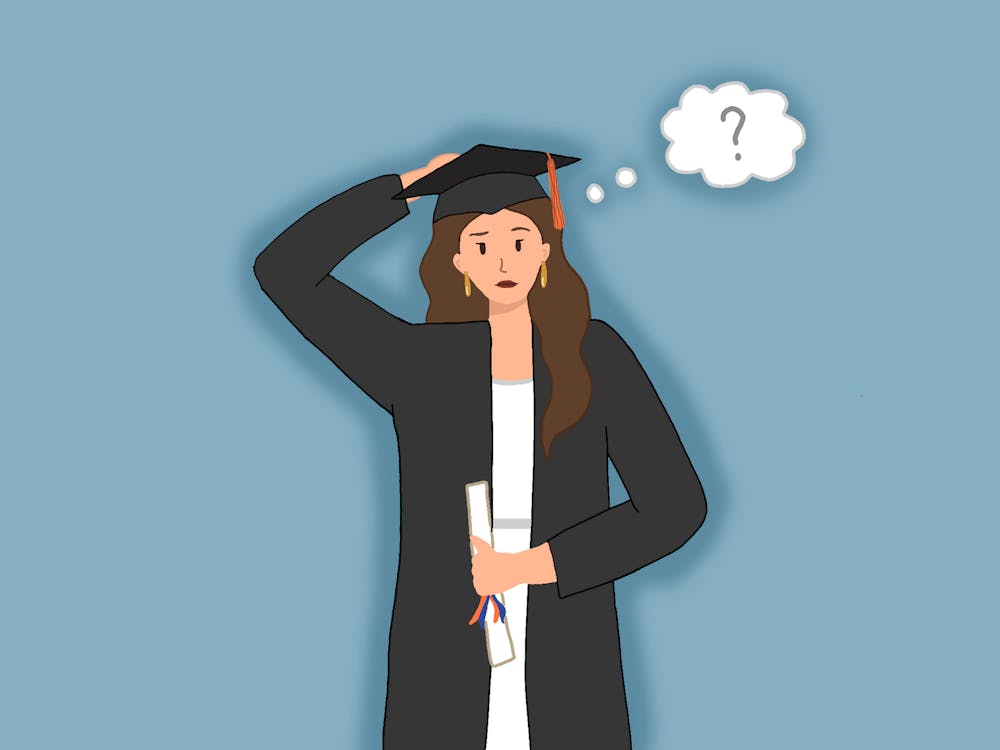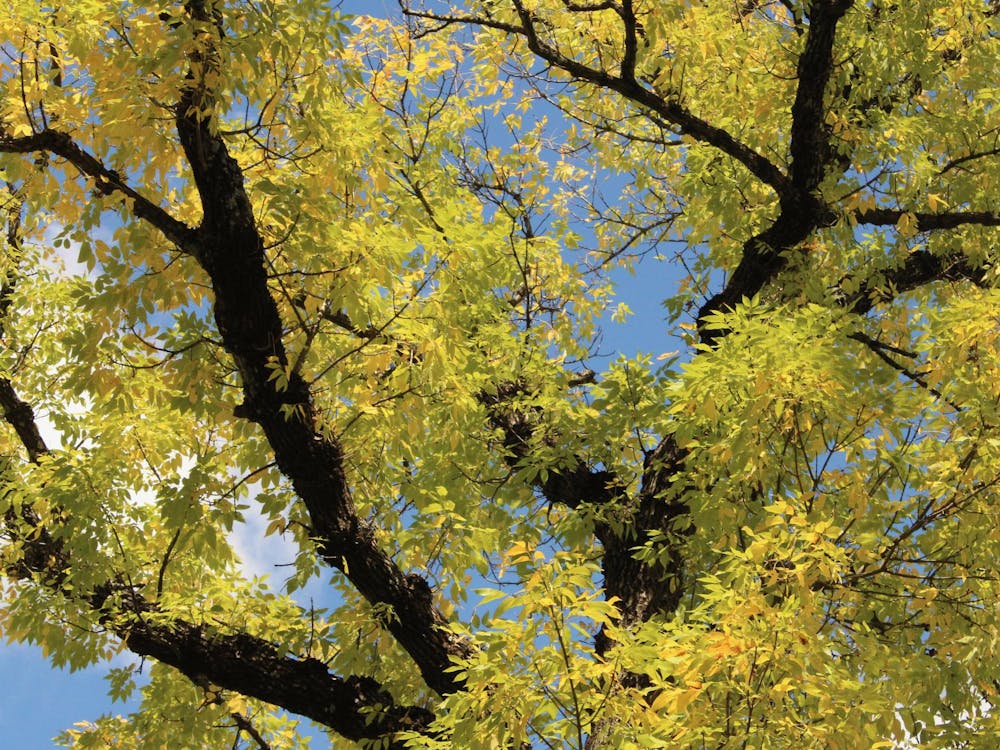CONVERSATIONS about race and racism abound in today’s society, having become especially trendy after President-elect Barack Obama’s historic presidential run and his election in November. Charlottesville, among other cities in Virginia, is now poised to engage in its own city-wide dialogue. Yet in a country that is still far from eliminating the racism that continues to exist in many of its institutions and its citizens, Charlottesville’s attempt to take part in meaningful dialogue still needs improvement if city officials truly hope to create a lasting change.
A plan to address race relations in Charlottesville is only beginning to take shape. In an NBC 29 report, City Councilor Holly Edwards said major issues such as an educational achievement gap in city schools and the existence of impoverished African-American neighborhoods are some of the primary reasons for starting a community dialogue.
The idea of a community dialogue can be a very productive one in the sense that it symbolizes city officials’ willingness to admit that a problem exists and that they must work to fix it. It also creates a forum in which people who are willing to participate with an open mind can gain a better understanding of their own viewpoints as well as those of others. It is not the most drastic action one could take to address issues of race and racism, but it is, at least, the start of something.
Yet the risk of holding a community-wide dialogue on such a sensitive issue lies in the possibility that only those who see a problem will choose to participate. If the comments posted below NBC 29’s story are any indication, this is exactly what will happen. One person commented, “I value cultural differences. There is so much to learn from others, some people are only comfortable around people of [a] similar race and economic class and again no mediator is going to help that.” Another person was more explicit in his or her opinion: “Now the shills want us to attend ‘encounter groups’ where we can hug each other and all cry together. Not me — I have to work to support the slackers who have the time on their hands to attend all the ‘feel good’ grope sessions that our city council pays for with our money!” Looks like that person is sitting this one out.
Another problem with the city’s plan to address race relations is its apparent lack of inclusion of members of the University community. Though no official plans had been released as of Sunday, it appears that the primary participants in these discussions will be community members outside of the University’s bounds. Yet the presence of students in the Charlottesville community cannot be ignored. Students take an active role in community events and programs; we are not confined to the Lawn. Moreover, University students continue to have a reputation — justified or not — for being oblivious of city-wide issues like poverty and racism. The University is not called “The Plantation” for nothing.
Though most students only spend four years in Charlottesville before moving on to graduate school or the career world, their collective impact on the city is undeniable. Additionally, even if students come and go, the student culture fostered at the University continues beyond any individual’s term as a student.
The University has had its own problems with racism and with addressing racial relations on Grounds. Whether you call them “incidents” or symptoms of a much greater problem, it is hard to ignore the continuing issues students and employees face. Each one of my four years at the University has included multiple instances of racist and derogatory remarks being directed towards — and often yelled at — non-white students, ongoing criticism of major organizations on Grounds for being racially exclusive, and an often misguided use of the term “self-segregation.” Simply put, students at the University are dealing with the same problems as other members of the Charlottesville community, and we are just as in need of a productive and continuing dialogue.
Charlottesville’s City Council needs to find a way to create a legitimate and lasting program from the start. It should consider ways to get citizens with a multitude of perspectives involved. Extensive press coverage, ease of access to meetings, and trained moderators with roots in the community can all help make the dialogue effective. Perhaps the Council could even require local business owners and city employees to attend these sessions.
Furthermore, it should make sure to reach out to the University community, and University officials should encourage students to get involved. It is time to address the obvious divide between campus and community, and a truly inclusive dialogue is a good place to begin.
Amelia Meyer’s column appears Wednesdays in The Cavalier Daily. She can be reached at a.meyer@cavalierdaily.com.






